CONGRATS!! You got your first job!!
Whether it’s a pandemic or not, your first year is tough, but I can help!
Here are some of the best tips for new music teachers I have for you.
Powerful Tips For New Music Teachers
As we dive in, I’ve separated the tips into different categories. If you feel lost in a specific area, go find the section below.
Classroom Management
It’s no joke. This RIGHT HERE is the think that will make or break your year. People lose jobs over it. (Sadly, not kidding.) How do you start?
- Read this book. It’s a gem, and hundreds of music teachers, if not thousands recommend it. (Full disclosure: This is an affiliate link and I may get a kickback for a book you purchase here, but it won’t change your price!)
- Start strong. Lay down the law and follow through. This does NOT mean “be mean” or don’t smile until winter break. It means lay out rules, consequences, and let the students know you mean business. Give expectations. They will test you.
- Names are super important. Know them, pronounce the correctly, and tell the kids right out from the start that it’s OK to correct you if you say it incorrectly. This is a relationship building thing that is absolutely one of the most important things you will do with your kids.
- Build relationships. The janitor, the secretary, your admin (three important people!), the kids, the parents, the staff. Be visible at lunch and in the mornin when kids are coming in the door. While this isn’t specific to classroom management, building relationships with ALL those people will help your kids see you as more integral to the big picture.
- Reward systems. There are pros and cons. Moving clips and red/green cards may not really motivate the kids who really need it. Research different types of rewards systems and find one that works for you, IF that is something you want to do. Some schools have school wide systems. Others let the teachers decide. Some people opt for “reward days”. The kids collect a stamp or move up a piano key or solfege step to show that they earned it as a class. When they get to the designated day, they can pick the game, activities, etc.
- Don’t let the kids touch instruments with subs or unless they have permission.
- Don’t let people open the door and let the kids run in. They shouldn’t come in until you are ready. But don’t be late! Set up a system for how they come in the room.
- Make cleanup, pass out, line up, etc procedures.
- It’s OK to ask questions!
- No matter what find a system that works for you and stick to it. Hold the kids accountable.
Trainings, Workshops, and Professional Organizations
Join them. Go to them. Get involved. Everyone from new to experienced teachers can learn something. You will get the benefit of being with your peers, networking and getting materials you can use!
If you are teaching elementary music, people overwhelmingly think that they are the least prepared for teaching elementary music. This is the best way to make up for that.
- Lots of workshops may have a discount for new teachers. It can’t hurt to ask!
- Make a point to go to a conference in your first few years. It really helps you feel connected AND you’ll get a ton to use.
- Kodaly, Orff, First Steps, Dalcroze, Music Learning Theory…pick a methodology that you are interested in and take level 1 training. It will give you direction, and if you don’t like it, you probably got a lot of your continuing ed hours/graduate credit/etc for recertification.
- Local chapter workshops. Another way to get hours/credits is to do local workshops. They are often very reasonably priced and you’ll connect with teachers in your area. Some of my Michigan Kodaly friends are the first people I ask when I need help. I often present with Zach from the Dynamic Music Room (he also wrote this awesome post on Kodaly workshops you should check out) and even though we actually went to college together, we didn’t really become friends until we both realized what Kodaly nerds each other are. Our presentations don’t even seem like a lot of prep because we’ve learned how each other work and what our strengths and weaknesses are. We definitely wouldn’t have that without Michigan Kodaly!
Tools You Need
- A GREAT planner. Get a planner that speaks to you. If you are a digital person, check out my digital planner.
- A cute and functional space. I’m not saying you have to be Instagram worthy, but you do need to have a clean, bright space for kids. The best things you can do to dress up a room are good bulletin boards (really think —do you REALLY want to change it every month? Put up something that will last a while – also vinyl table cloths, not that big paper), extra lighting, fake plants, and don’t cover every inch of space. Lots of articles talk about how that actually isn’t great for kids. Have a spot that is just for you and kid-free. Check out my vintage record store room which was perfect for both my older and younger kids. Note all the free space! Better to add instead of have to take things down.
- Easy tools for the kids. It’s super exciting to get your own room and want to get ALL the things to teach your new kids. But before you go crazy, think about what you can really use in a year. I suggest starting simple and grabbing some easy elementary music tools to start and then add in as you continue through the years. Check out this post on manipulatives (AKA – inexpensive manipulatives!) to help you get started without breaking the bank.
And Everything Else
- It is OK to ask questions – from admins, mentors, coworkers, other arts staff in the district, and from people like me that you might find on the internet.
- Get your concerts on the master schedule right away.
- Plan ahead…but not too far. Overplan for the up and coming. Don’t plan every lesson for the whole year in August. Do map what you want the kids to know by the end of the year. Things will change, they will take longer than you expect, or your kids will show up and the teacher somehow taught them the song you want to teach for donut with a mouse who rides the bus celebration day (I made that up…) but it will happen and you will have to adjust. Sometimes kids catch on faster than you expect, sometimes they don’t.
- Find a scope and sequence (that what you want them to know by the end of the year) for elementary music and see if you can stick to it. This is one of the best I’ve seen.
- Be flexible but don’t get walked on.
- If there is something about your school that bothers you: music gets overlooked, the kids don’t do XYZ in class but you think they should, or the kids don’t sing out well, know that big culture changes take time. Fight the good fight and meet people in the middle until you can make the changes you want or see the results you want.
- Find out what your budget is. And SPEND IT.
- If you have an ensemble, get a handbook, write a handbook and make sure you hold kids to it. Have them sign a contract.
- Take inventory of all the stuff in the classroom.
- Label all of your stuff and make sure you have an inventory of it!
- The library is your friend. You don’t need to buy every book about music on the planet in your first 3 years.
- Use iDoceo. It’s an awesome iPad app with a grade book, a random picker and more, but my favorite feature is the seating charts. You can not only arrange the kids but put a picture of them in there to help you learn names faster. It’s SO helpful, especially for older students. You won’t need to say their names as much so they are actually harder to learn than your younger kids!
- Tell someone if you need help!
- If there are aides that come into your room, set expectations. Do they need to intervene only if needed? Make sure you are not overstepping the duties they have for the kids who need them.
- And speaking of kids who need them, you NEED to know if a kid has an IEP, 504, a diagnosis, health issue or anything else. It is your RIGHT as a teacher. You are not possibly able to make accommodations, teach them correctly or know if there is a medical emergency if no one tells you. You are not a mind reader. This is literally the FIRST thing you should get from your admin/office staff, and be insistent that teachers communicate with you about this. This is non-negotiable. Check your contract if people fight with you. Talk to other music staff in your district. If you are not following a documented plan, you could be held accountable if you don’t follow it.
Final Thoughts
Your first isn’t the easiest, but you’ll make it through if you follow these tips for new music teachers.
Remember it will get easier!

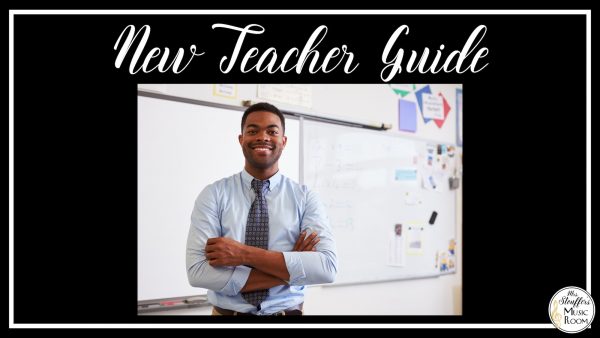
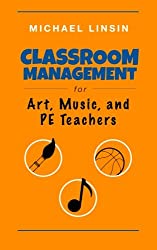
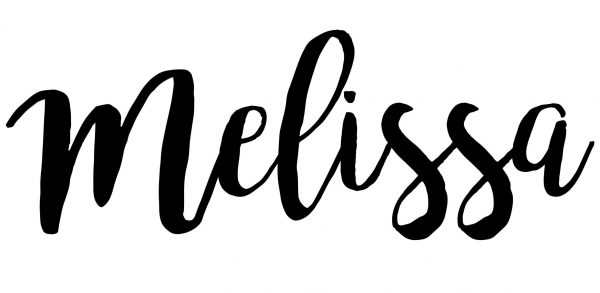

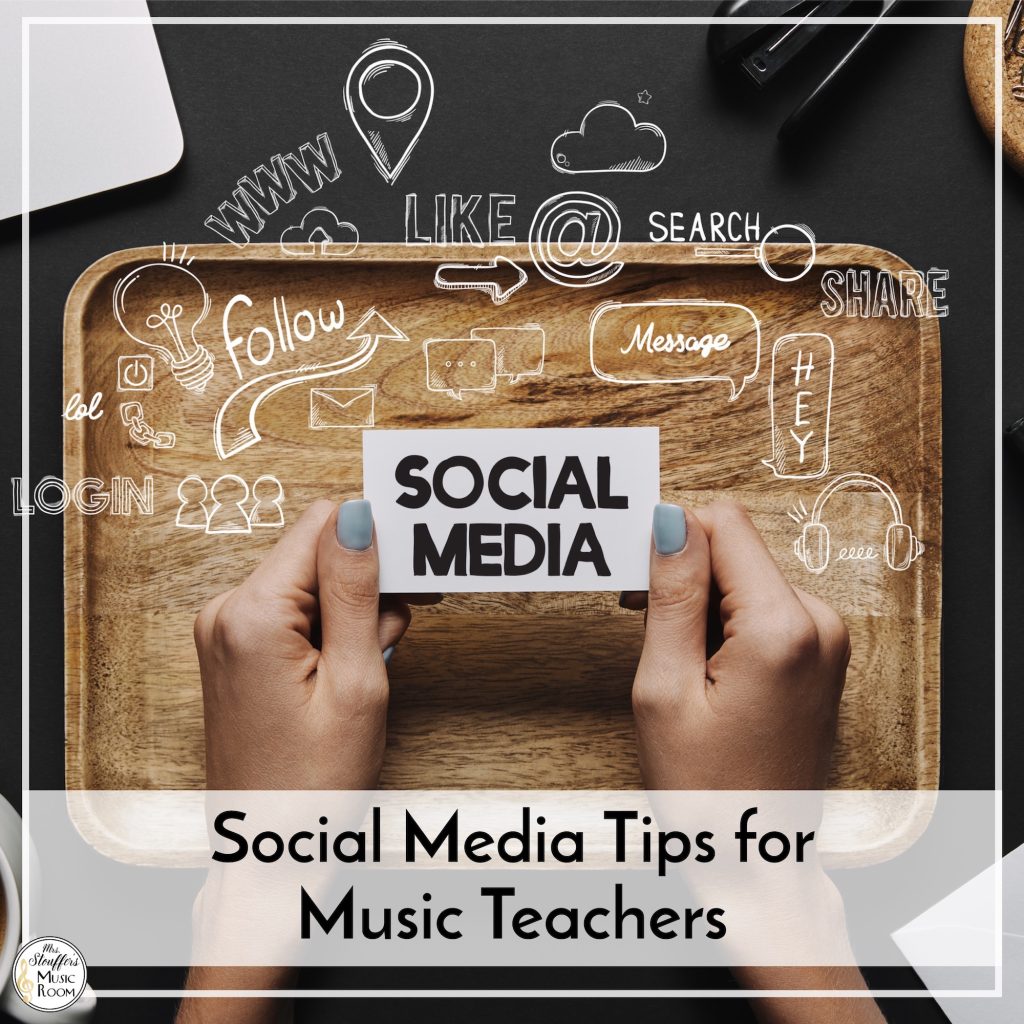
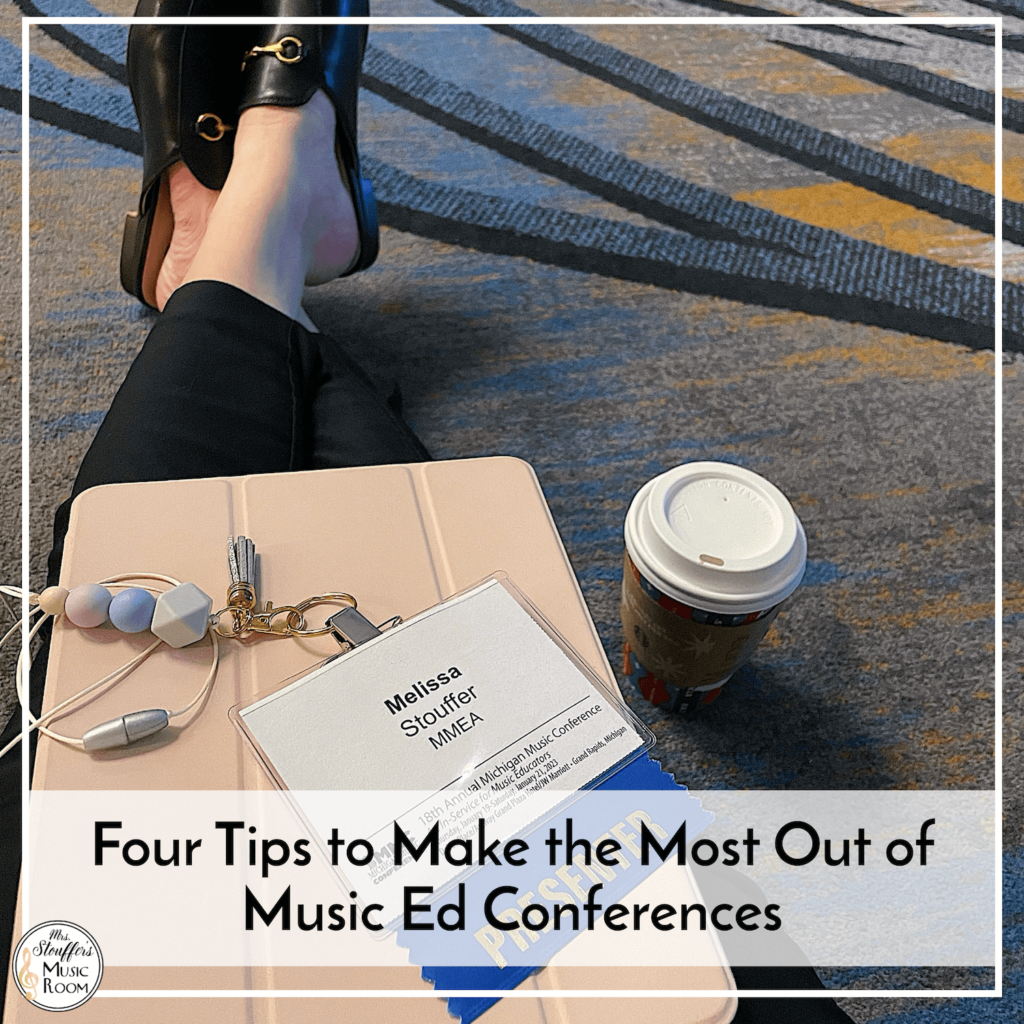
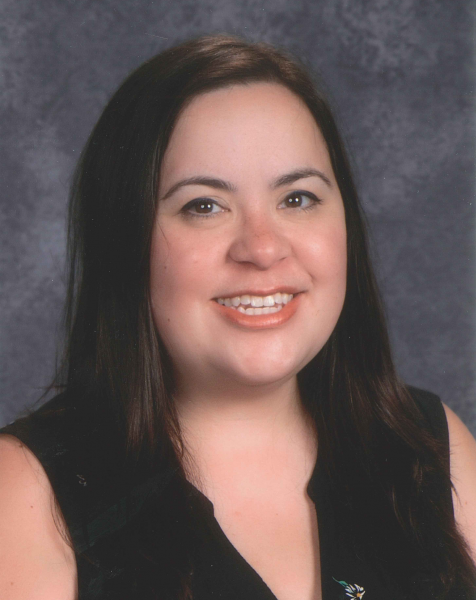
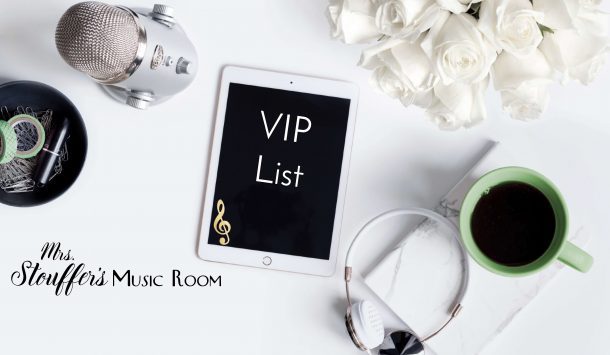
The scope and sequence link under “and everything else” is broken. Is there somewhere I can access this information?
Thanks,
Kate
Yes! I fixed the link. You can also find it here: https://drive.google.com/file/d/19F4R_Z5j5hMZQRbxe9Nc-jIcFR3V_VFA/view?usp=sharing